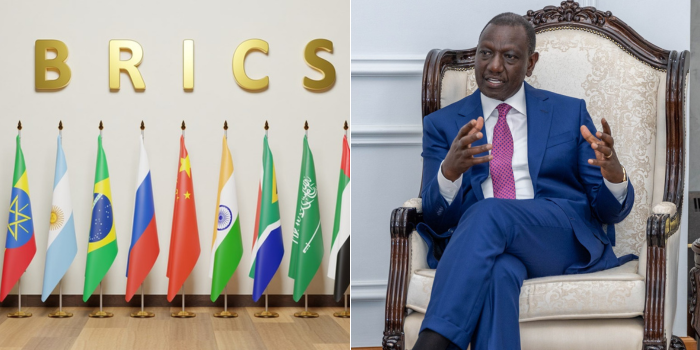“Gen Z vs. The Finance Bill: A Battle for Voices Unchained”
Exploring the recent protests against the Finance Bill in Kenya, this article highlights how Gen Z’s fight for freedom of speech was met with suppression. This article delves into the recent protests against the Finance Bill in Kenya, focusing on how Gen Z’s fight for freedom of speech and expression was met with suppression. It discusses the challenges faced by young protesters and the broader implications for digital rights and democracy.

In June 2024, the streets of Nairobi were alive with the energy and determination of a new generation. Gen Z, armed with smartphones and a fierce sense of justice, took to the streets to protest against the controversial Finance Bill. This bill, seen as a burden on an already overtaxed population, sparked a wave of dissent that quickly spread across social media platforms like TikTok and Twitter.
The protests, dubbed “Occupy Parliament,” were a testament to the power of digital mobilization. Young Kenyans, many of whom were protesting for the first time, used hashtags like #OccupyParliament and #RejectFinanceBill2024 to rally support and coordinate their efforts. They wore black clothes, carried creative placards, and chanted slogans demanding justice and accountability.
However, the government’s response was swift and harsh. Police used tear gas, water cannons, and even live rounds to disperse the protesters. Over 200 young demonstrators were arrested, including key organizers who had used social media to galvanize the movement. The heavy-handed tactics employed by the authorities highlighted a troubling trend: the suppression of freedom of speech and expression, particularly among the youth.

One of the most striking aspects of these protests was the role of digital rights and internet freedom. Gen Z protesters leveraged their digital savvy to bypass traditional media and communicate directly with the public. They live-streamed confrontations with police, shared real-time updates, and used social media to expose the government’s attempts to silence them. This digital activism not only amplified their voices but also drew international attention to their cause.
Several activists and figures stood out during these protests, becoming symbols of the movement. Zaha Indimuli, a 22-year-old university student, emerged as a prominent leader. “We are the Gen Zs, we were able to mobilize ourselves. We use TikTok as a space to not only have young people come to protest but to educate them on the why,” she said. Her ability to articulate the frustrations and aspirations of her generation made her a key figure in the protests.
Another notable activist was Brian Khaemba, a 25-year-old tech entrepreneur. Brian used his platform to highlight the economic injustices perpetuated by the Finance Bill. He organized online forums and webinars to educate young people about the bill’s implications and encouraged them to take action. His efforts helped to galvanize a broad coalition of young Kenyans who were determined to make their voices heard.
The suppression of these protests raises serious questions about the state of democracy and digital rights in Kenya. The government’s use of force to quell dissent is a stark reminder of the challenges faced by those who dare to speak out. It also underscores the importance of protecting digital rights and ensuring that the internet remains a space for free expression.
In the face of adversity, the resilience of Gen Z protesters was inspiring. Despite the arrests and violence, they remained steadfast in their demands for justice. Their fight for freedom of speech and expression is a reminder that the battle for digital rights is far from over. As they continue to push for change, their voices—unchained and unyielding—will undoubtedly inspire others to join the fight for a more just and open society.
The Finance Bill protests in Kenya are a powerful example of how young people are using digital tools to fight for their rights. They highlight the need for stronger protections for freedom of speech and expression, both online and offline. As the world watches, it is crucial to support these young activists and ensure that their voices are not silenced.
By standing up for their rights, Gen Z is not only challenging unjust policies but also shaping the future of democracy in Kenya. Their fight for freedom of speech and expression is a reminder that the battle for digital rights is far from over. As they continue to push for change, their voices—unchained and unyielding—will undoubtedly inspire others to join the fight for a more just and open society.
What's Your Reaction?







































































































